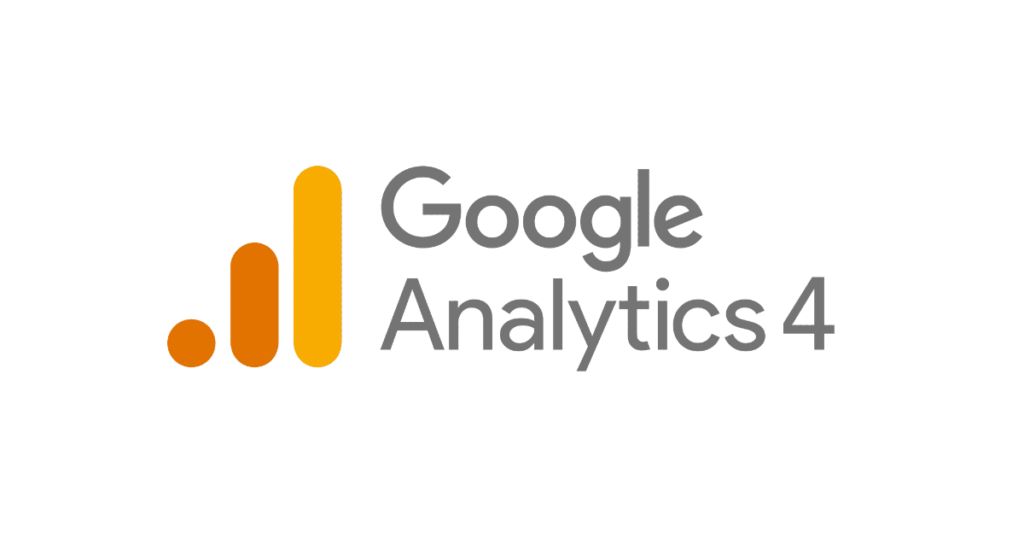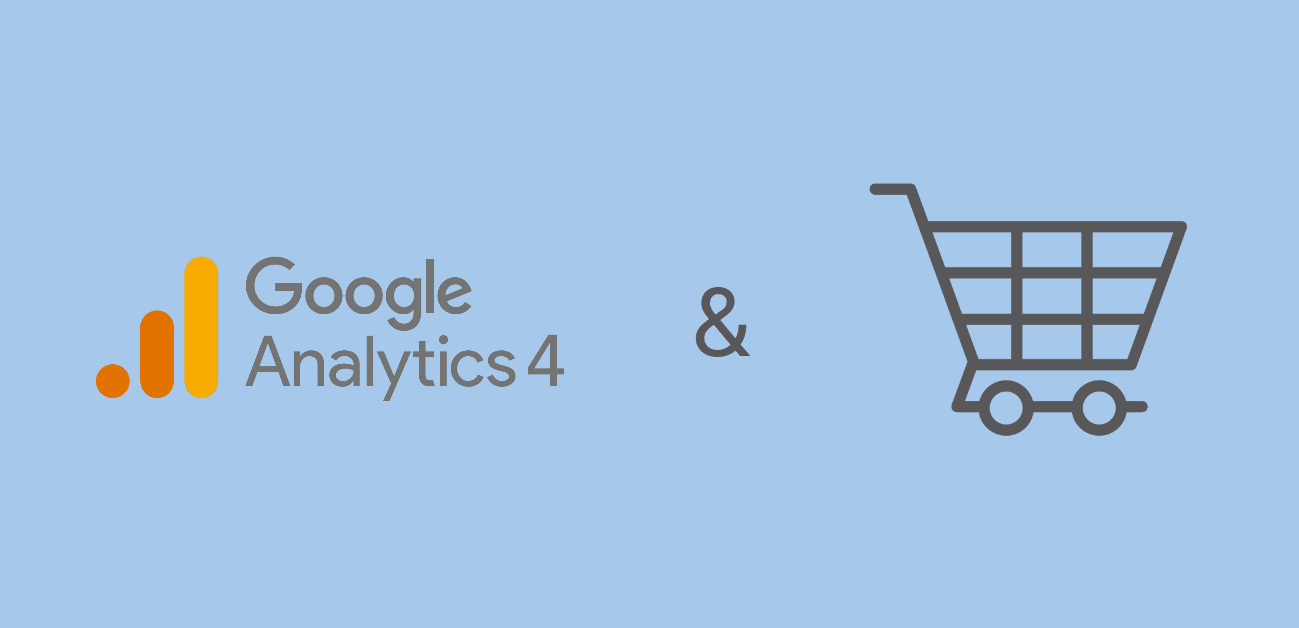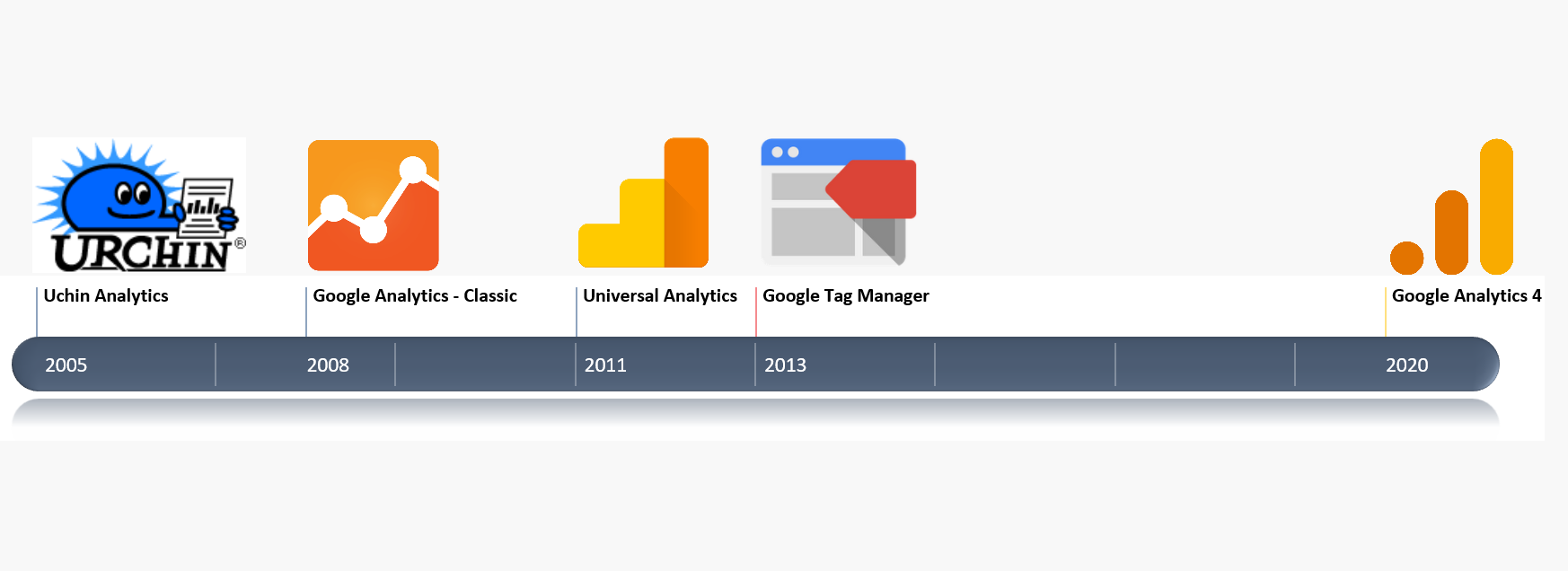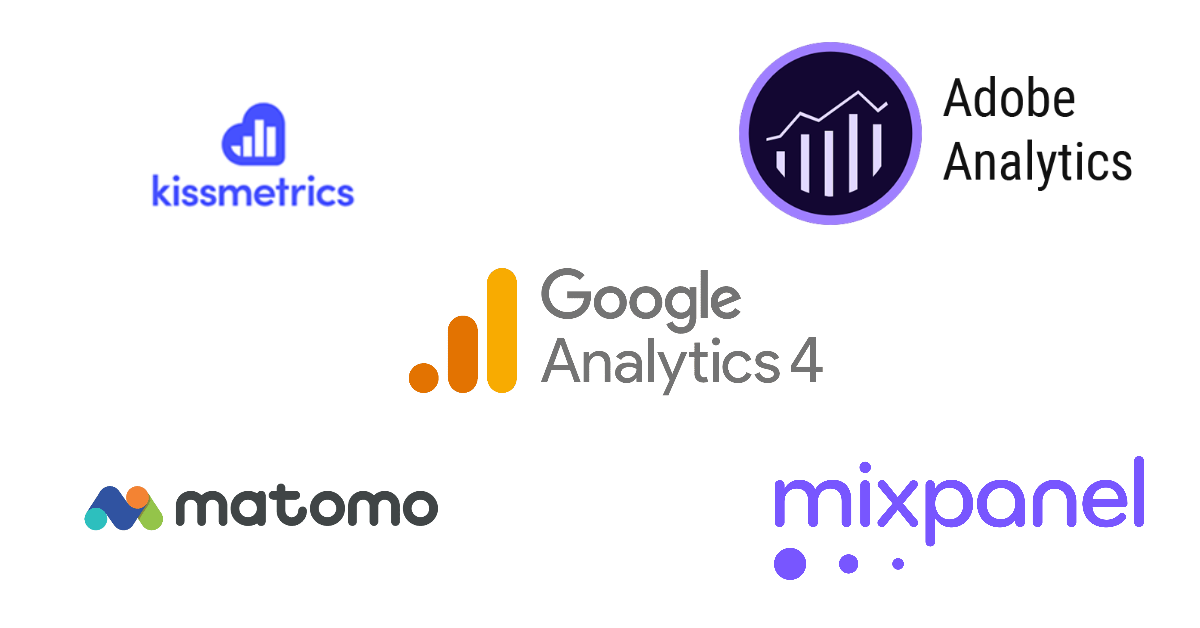1. Enhanced User Privacy: With GA4, data collection is done through events and parameters instead of cookies. This means that user data is collected with more transparency and control, enhancing user privacy. GA4 also supports user consent and data deletion requests, ensuring businesses are in compliance with privacy regulations.
2. Advanced AI and Machine Learning: GA4 uses advanced AI and machine learning models to provide more detailed insights and predictions about customer behavior. This enables businesses to better understand customer behavior and optimize their advertising campaigns accordingly.
3. Cross-Platform Tracking: GA4 allows businesses to track customer interactions across multiple devices and platforms, including mobile apps and web browsers. This enables businesses to get a more complete picture of customer behavior, regardless of where they are interacting with the business.
4. Better Attribution Modeling: With the reduction of third-party cookies, businesses will need to rely on alternative methods to track conversions and attribute them to specific campaigns. GA4 offers improved attribution modeling capabilities, including cross-device and cross-platform tracking, to help businesses understand the impact of their advertising campaigns.
5. Integration with Google Ads: GA4 integrates seamlessly with Google Ads, enabling businesses to import data and create remarketing audiences based on customer behavior. This allows businesses to create more targeted and effective advertising campaigns.
In summary, GA4 offers businesses several advantages for utilizing paid advertising, particularly in light of the impending reduction of third-party cookies. These include enhanced user privacy, advanced AI and machine learning, cross-platform tracking, better attribution modeling, and integration with Google Ads.



